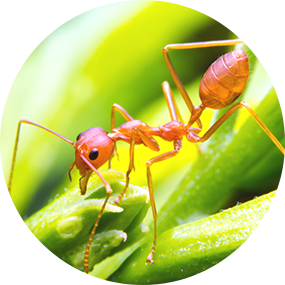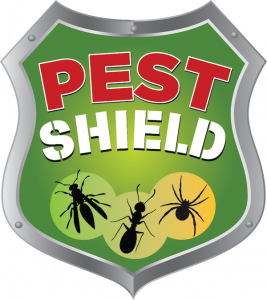In certain enterprises, it’s legitimately needed for you to join some type of irritation control for your business. For instance, supermarkets would need to keep bothers under control since there are huge loads of bundles they can chew on to eat. Similar remains constant in the eatery business. There is a lot of nourishment for Pest Control Southend rodents and bugs to chomp on. All the more significantly, they can corrupt your sterile climate wherein you should set up your food sources. You unquestionably wouldn’t need any of your clients to recognize a rodent or mouse since it would meddle with the business if word got out.

Electronic Pest Control:
There are several electronic pest control devices available on the market as well, including electric fences, motion-detecting water sprayers, and ultrasonic noisemakers that humans can’t hear, but that garden pests find annoying. There are some units on the market that allow you to adjust the unit to the pest you are trying to drive away, without bothering the other critters you would like to have around.
Electric fencing can be installed around the perimeter of the yard. Some of these products claim to be strong enough to deter deer from entering the garden, but weak enough that they do not hurt family pets.
Moles feed on earthworms and grubs, not plants, which can make them a benefit to gardens, but as part of their natural activity, moles tunnel through the soil, causing damage to delicate plant roots. Battery or solar-operated devices can be placed in the ground to help deter moles from burrowing in your garden. Place a few around the garden to prevent these pests from making paths in a new area.
Beneficial Bugs:
Insects that prey upon garden pests are called beneficial insects. In nature, these insects keep the garden pests under control. Encourage beneficial bugs by avoiding the use of commercial pesticides as these are usually non-discriminatory and will kill good and bad bugs alike. A small number of pests in the garden will encourage those beneficial bugs to stick around and multiply, making your work easier.
Ladybugs are natural enemies of aphids. Green lacewing in the larvae stage feeds on thrips, mites, aphids, and various other insect eggs. Trichogramma wasps are effective against corn earworm, tomato hornworm, and loopers. The tiny wasps are also a parasite to many kinds of caterpillars.
Sprays and Soaps:
There are many organic pest control sprays you can make at home, as well as purchasing less harmful insecticidal soaps. Many of the homemade sprays include ingredients such as garlic, onion, or cayenne pepper. A word of caution when using sprays intended to go directly on the plants. Never apply sprays in the heat of the afternoon sun. The water can heat up very quickly and cause brown spots to appear on the leaves.
Most gardeners have a connection with the earth and enjoy the wildlife and insects nature has provided just not in the garden! For those who prefer to practice organic pest control, there are many options. They may not work as well as pesticides in some cases but they are a lot less harmful and can even add fun and beauty to your garden.






